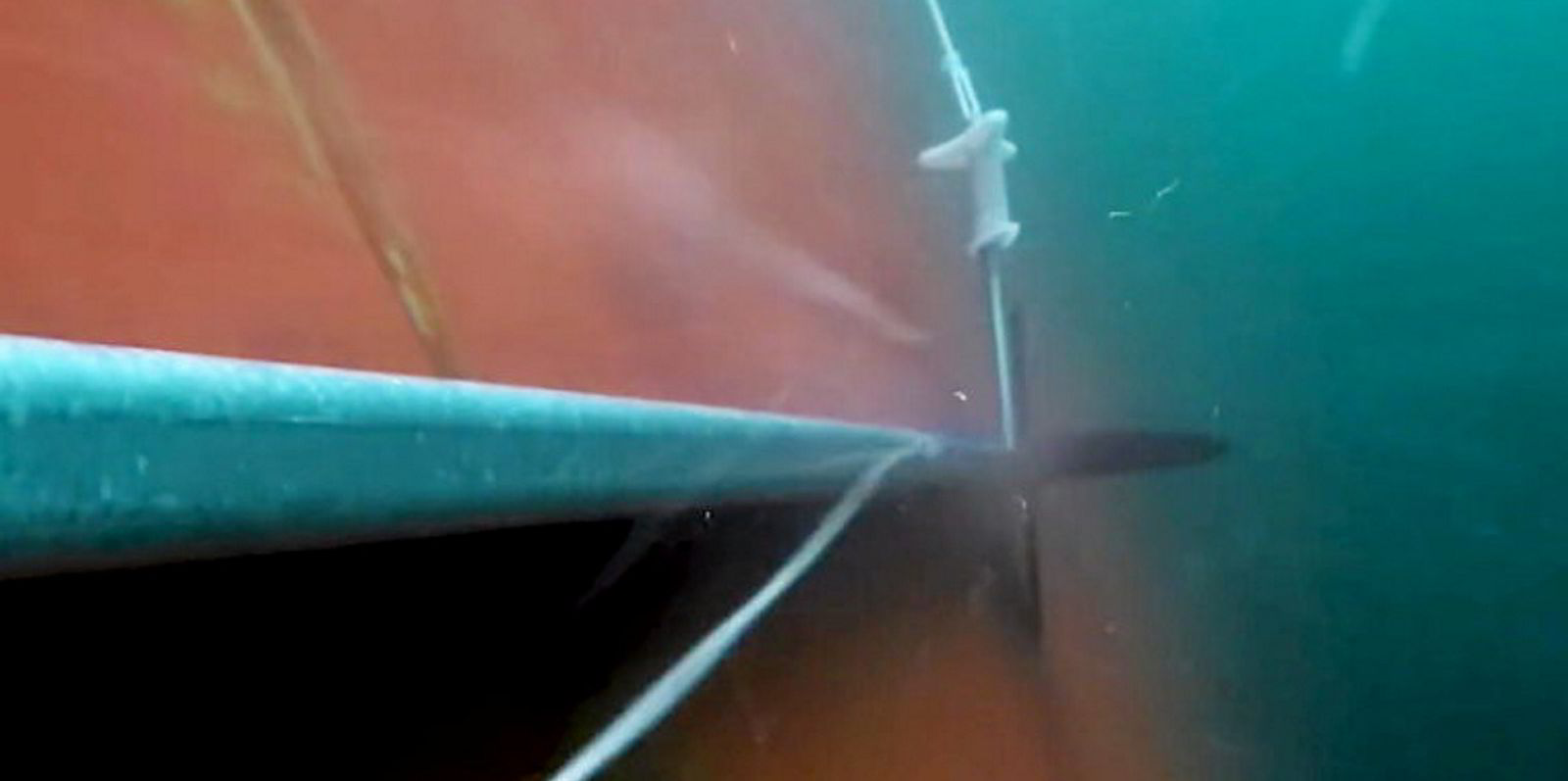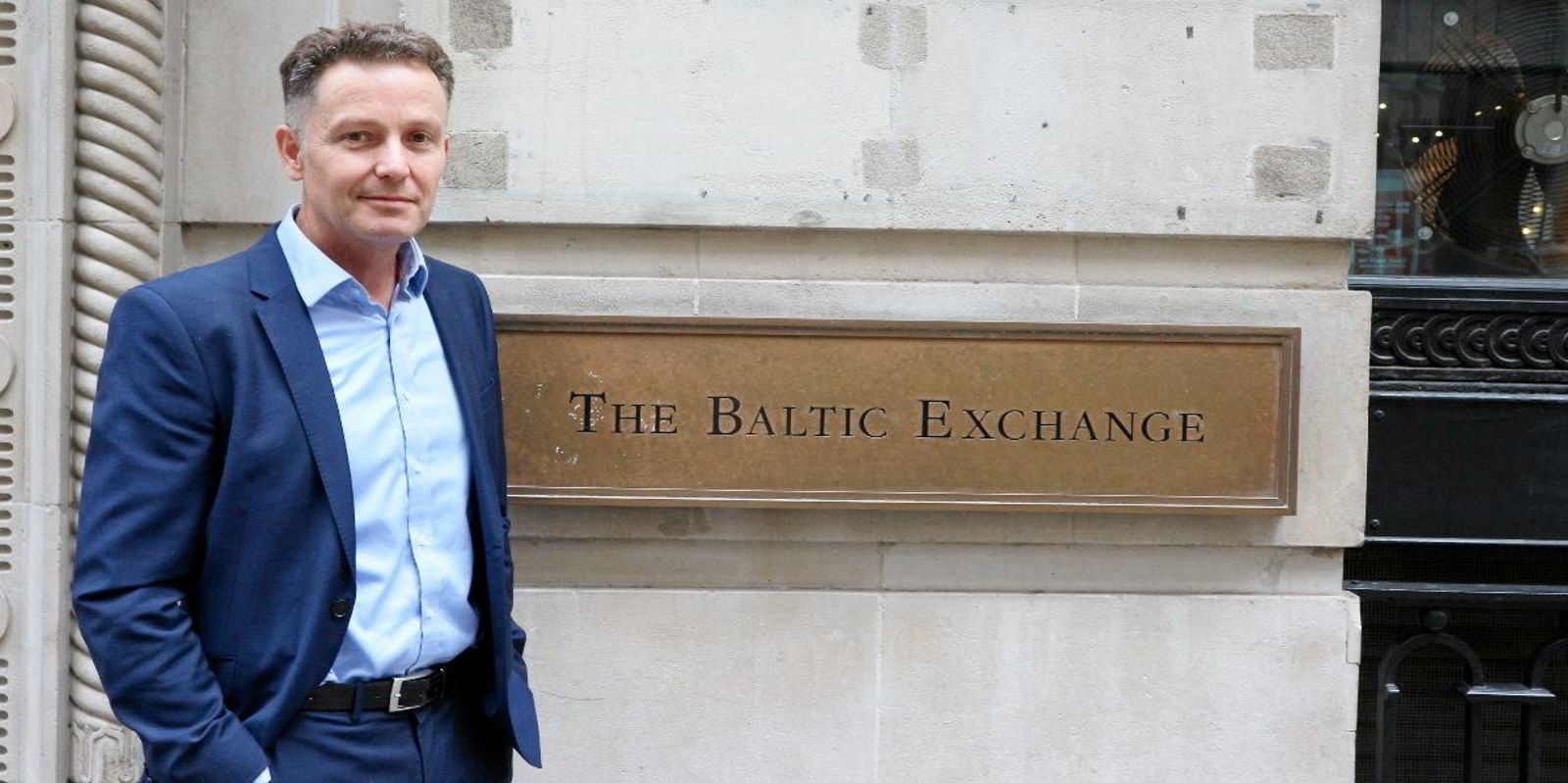Klaveness Combination Carriers (KCC) is hoping to cut CO2 emissions further by rolling out semi-autonomous hull cleaning across its fleet.
The Norwegian owner said it will "leave no stone unturned" in its decarbonisation quest after partnering with domestic technology start-up Shipshave.
The letter of intent for the fleet cleaning follows a successful trial on the 80,000-dwt caustic soda and bulk cargo carrier Ballard (built 2017) this year.
Shipshave's In-Transit Cleaning of Hulls (ITCH) system is the first to operate while the vessel is sailing, with the main objective being to prevent the early-stage growth of hull fouling.
A robot harnesses propulsion energy for its underwater operations.
Fuel being saved
The pilot has indicated improved fuel efficiency and given KCC sufficient confidence to expand the scope of the trial.
"Reducing the marine growth on the hull of our vessels, by applying Shipshave’s innovative solution among others, is an important part of KCC's efforts to improve energy efficiency for substantially reducing CO2 emissions and improving the sustainability of our business," KCC chief executive Engebret Dahm said.
"Seeing KCC’s seafarers taking ownership of improving their fuel efficiency is rewarding," added Eirik Eide, co-owner of Shipshave.
The company predicts "accelerating uptake" of ITCH by KCC and other shipowners.
KCC's combination carriers already emit up to 40% less CO2 by carrying both wet and dry cargoes and eliminating ballast runs.
The company has said it will not order new vessels unless they can reach zero emissions.
The KCC board has authorised an extra $2.5m for new investments to help achieve this.






